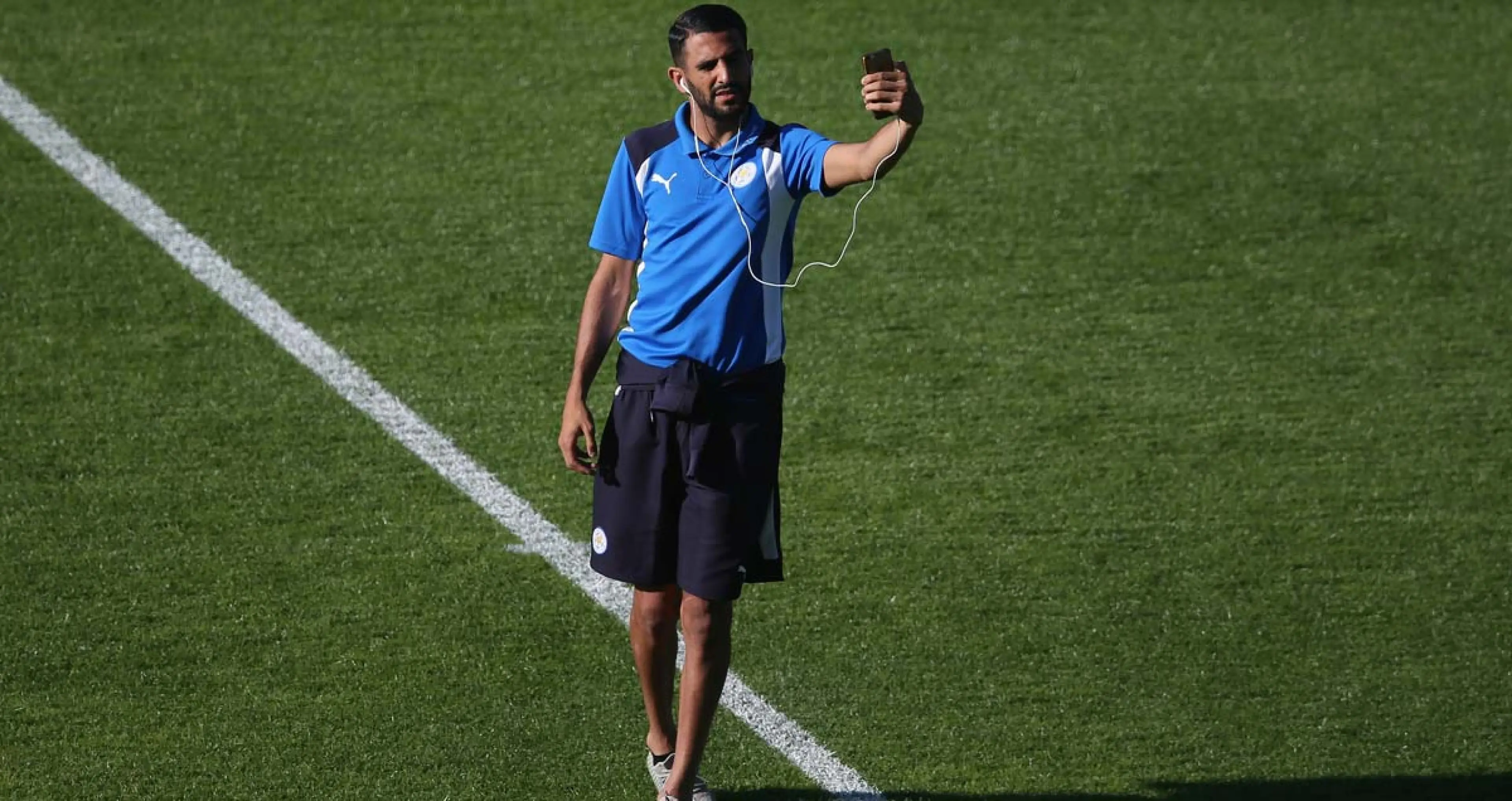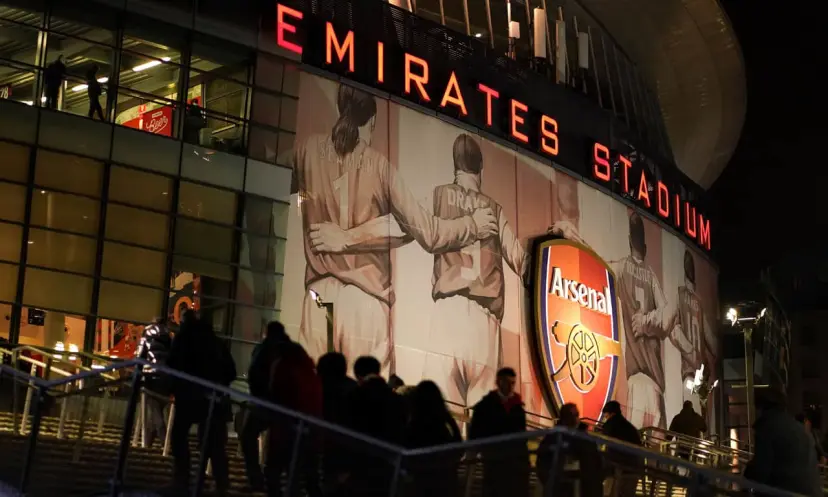Fantasy Football: Importance of Wildcard planning shown by Mahrez
Published:
When to play their wildcard is one of the trickiest decisions many Fantasy Football managers have to make during the opening part of the season.
FF bosses get the benefit of two wildcards to use during the entirety of the campaign, although the second cannot be played until the turn of the year at the earliest.
As for the first, the temptation is to keep it in reserve until that moment when a squad is at its most threadbare – full of players who are injured, suspended, regular substitutes for their club or out of form.
However, there seems a clear advantage for playing it especially early, with the end of gameweek three during the first of the season’s international breaks seeming a prime slot.
Here are three reasons why:
Get rid of poor pre-season picks
Everybody will make mistakes with their gameweek one teams. They will invariably narrow down their shortlist to four £6.5m strikers but pick the wrong one between Shane Long, Andre Gray, Callum Wilson or Alvaro Negredo.
They will have convinced themselves that a particular £4m defender would be a regular starter, but he has yet to feature for a single minute across his team’s opening three games.
Managers will take a punt on Eden Hazard rediscovering his superstar form from their 2014/15 season under Antonio Conte, but he doesn’t. They will then watch the likes of Henrikh Mkhitaryan and Riyad Mahrez start much better.
By playing the wildcard early, managers are able to rectify any pre-season selection errors at a point when they have access to real information instead of guesswork, ensuring that their squad of 15 is both first choice and in some degree of form.
Jump on the bandwagons
You won’t be the only manager that picked the wrong striker from a particular price bracket or misjudged whether another player looked a certain starter for their club.
Last season, numerous managers wasted little time transferring in the likes of Mahrez and Andre Ayew after performing above expectations in the opening few gameweeks.
The result of ample managers rushing to get these players into their teams was that their price soared. Suddenly a £6.5m Wilson could be worth £6.7m if scoring in all of Bournemouth’s opening three matches and being transferred in by the masses.
Equally, Long owners could see his price drop to £6.4m if he is transferred out of numerous teams after contributing neither a goal or assist in the same period.
The problem then is a manager needs to find the difference to be able to make this upgrade. The longer it is left to play the wildcard, the more the gap in price between the two players may rise. Two players initially costing the same, could soon be valued £0.5m different based on form.
Team Value
On similar lines, jumping on bandwagons at the earliest possible stage increases the chances of a manager acquiring an in-demand player before they reach the peak of their valuation.
Mahrez’s price last year increased by a whole £1m throughout the course of the campaign. Early wildcarders may have snapped him up for as little as £0.1m more than his starting valuation.
Imagine getting on five or six of these bandwagons early. By gameweek 10, a manager could have a squad worth as much as £2m more than the initial £100m they started with.
Ultimately, this will make it easier down the line to transfer in more higher-value players than cheap squad fillers.
One of the worst positions to be in at Fantasy Football is negative equity, left holding onto a player that initially was highly owned, but has been ditched by the majority for his lack of points.
All Odds and Markets are correct as of the date of publishing.








